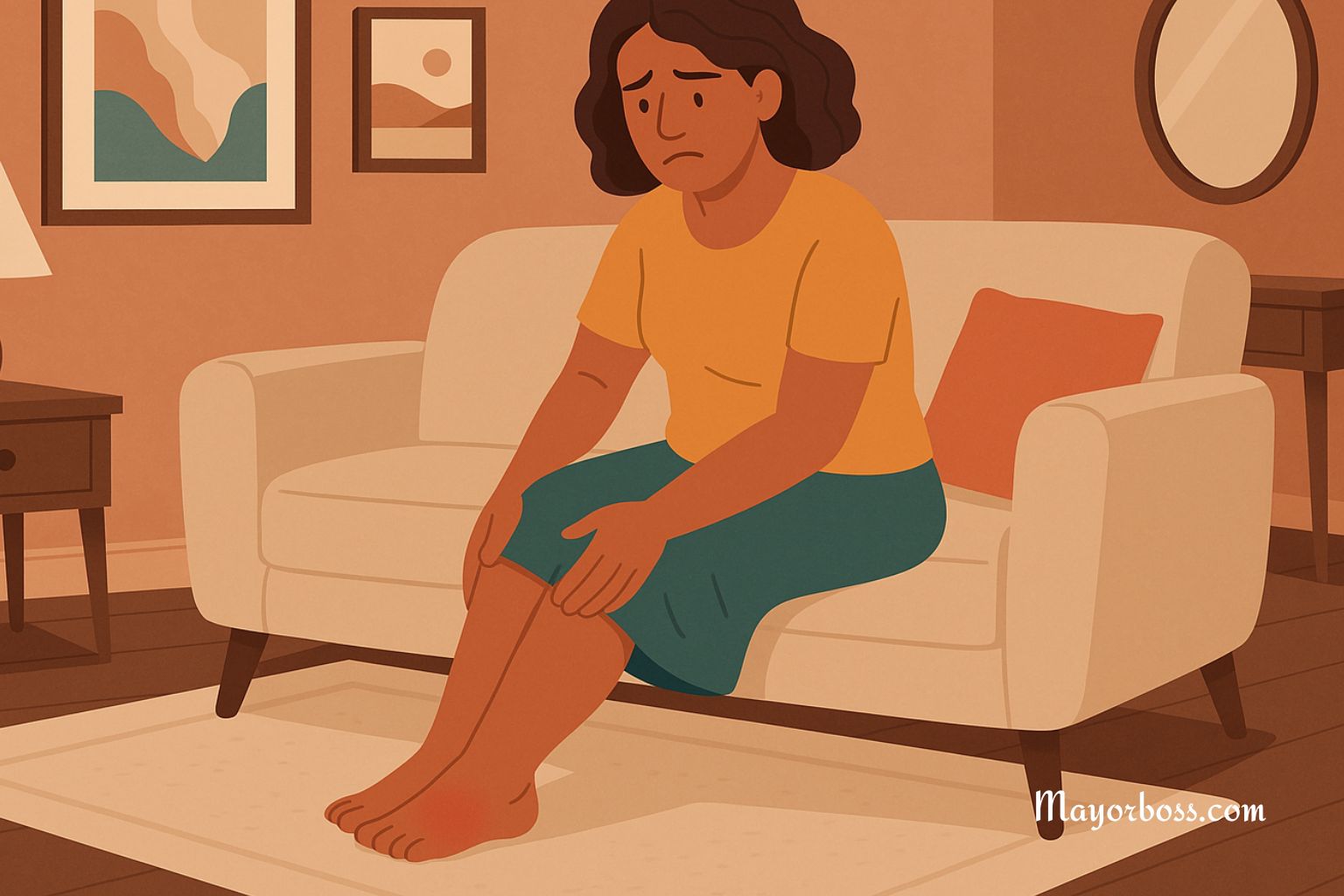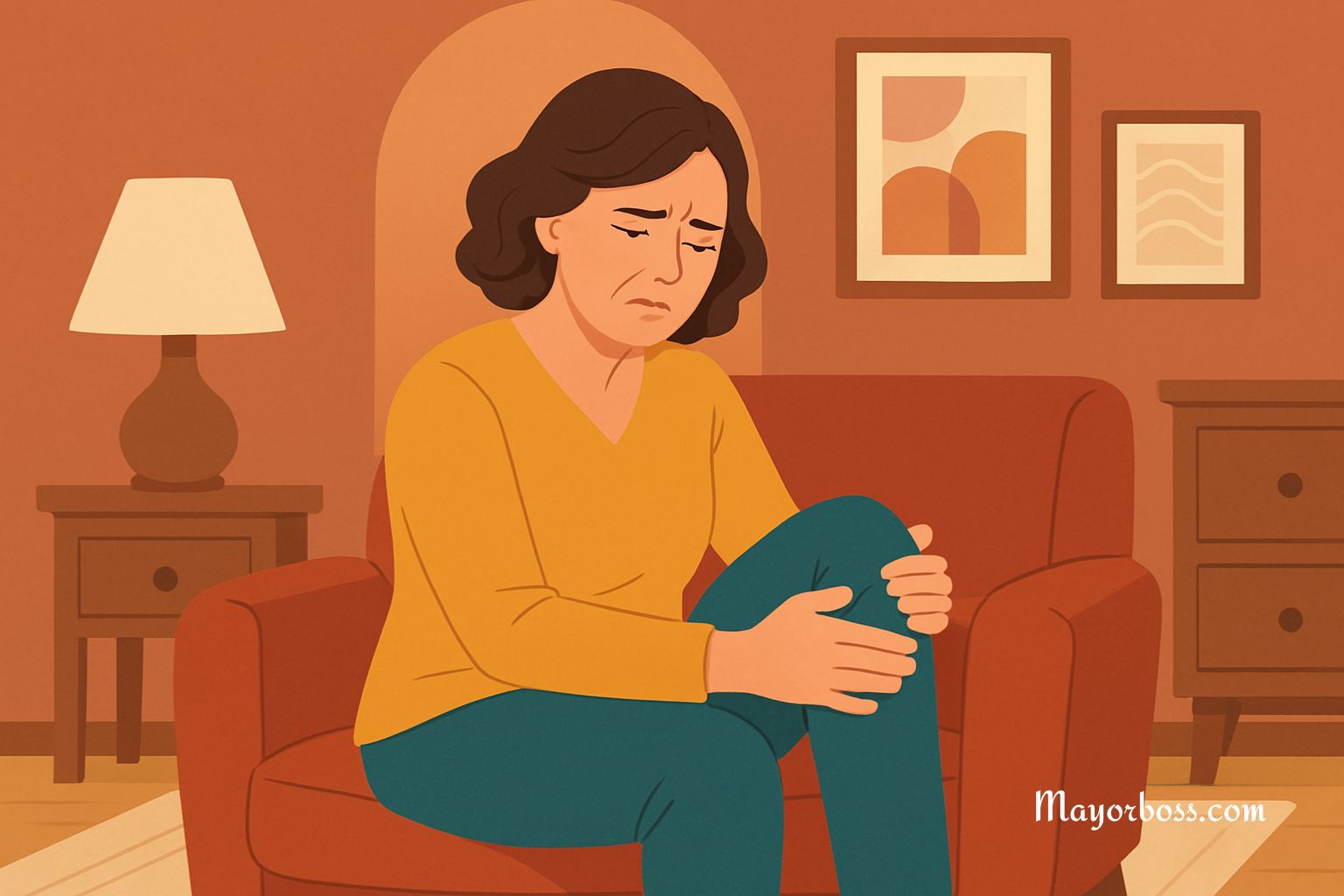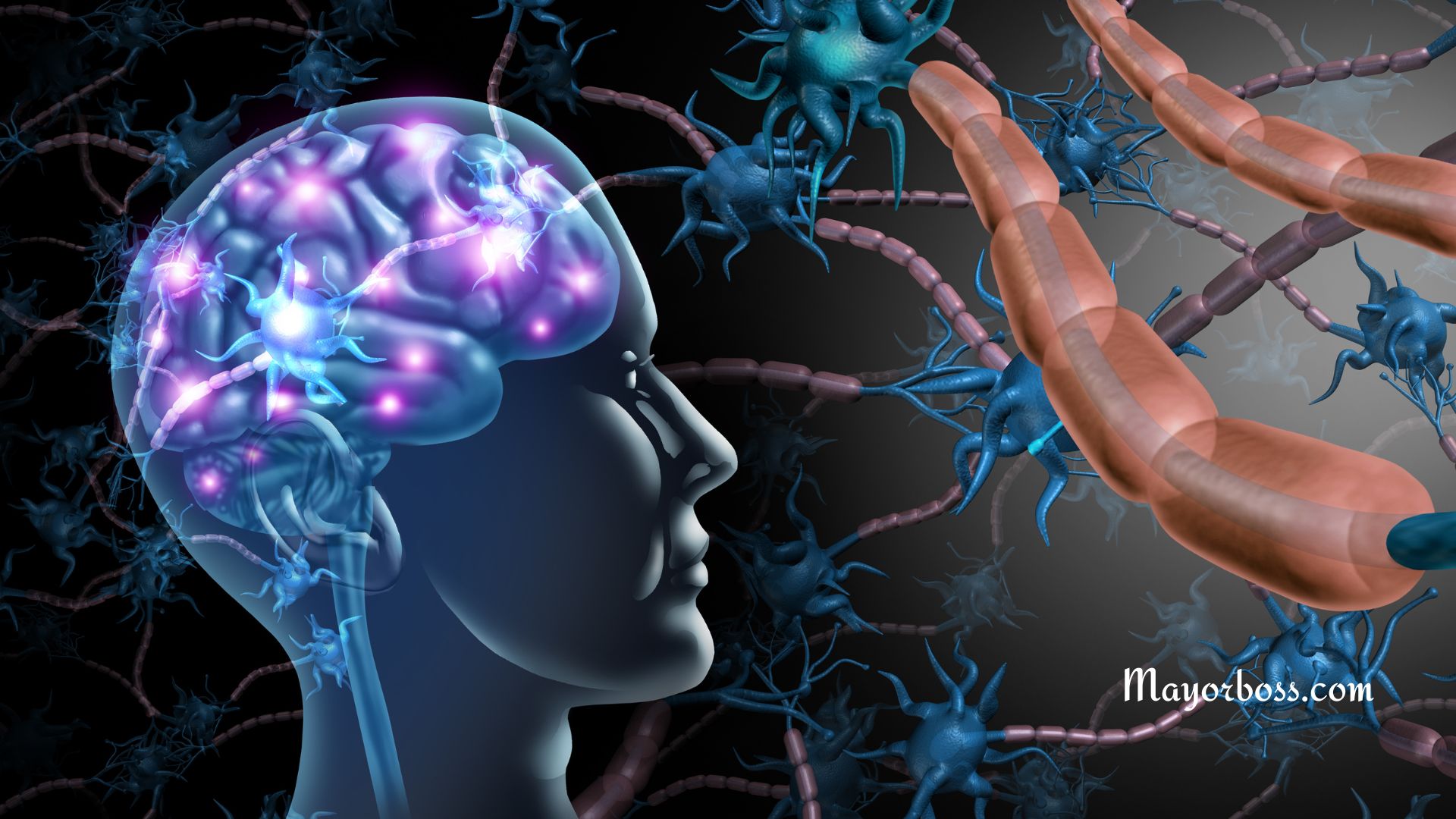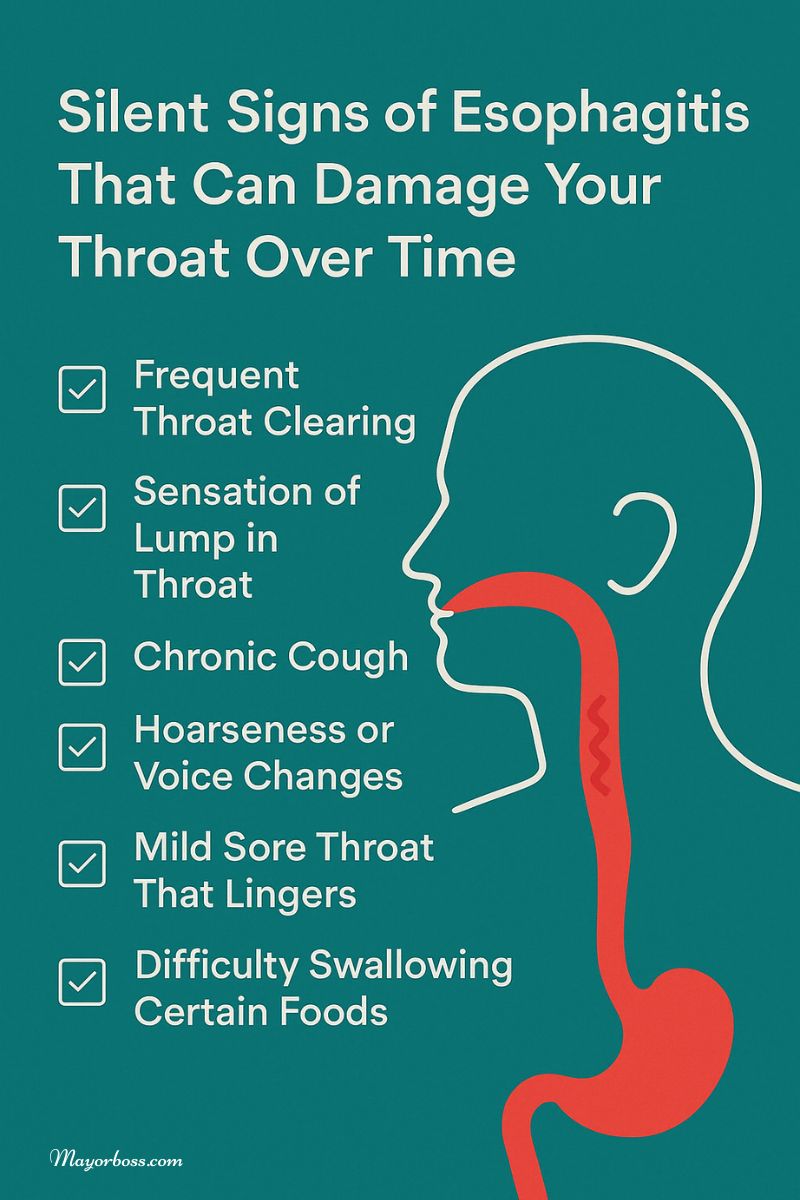Why You Should Never Ignore Stomach Symptoms
Have you ever experienced persistent stomach discomfort that just won’t go away? You might have chronic stomach bloating, recurring bouts of constipation or diarrhea, or maybe severe indigestion. As inconvenient and uncomfortable as these symptoms can be, ignoring them could lead to more serious health problems.
Never ignore persistent stomach symptoms,” urges family doctor Natalia Hapych, MD. While many stomach issues are temporary and easily treatable, chronic symptoms might indicate a more severe condition that, left unchecked, could negatively impact your health.
What distinguishes persistent stomach symptoms from other health issues is the possibility of serious gastrointestinal problems lying beneath seemingly harmless discomforts.
“If you’ve been experiencing unexplained stomach discomfort for more than a week or two, make an appointment with your doctor immediately,” she advises. “They’ll evaluate your condition and, if necessary, refer you to a gastroenterologist.”
What Do Persistent Stomach Symptoms Look Like, and What Causes Them?
Stomach discomfort can manifest in numerous ways – from bloating and gas to constipation, diarrhea, and indigestion. They might be caused by your diet, stress, or more serious health issues.
Stomach problems often occur in the upper abdomen and may be accompanied by nausea, vomiting, and a general feeling of unease. You might also notice a sudden change in your bowel movements or an unusual amount of gas. Prolonged discomfort could indicate an underlying issue like gastroenteritis, gallstones, or even stomach ulcers.
“The problem might only affect your stomach, or it could indicate an issue with your digestive system as a whole,” says Dr. Hapych. “Severe symptoms are more likely to be caused by serious conditions and require immediate medical attention.”
Common causes of persistent stomach symptoms include:
- Eating a diet high in fat and low in fiber.
- Excessive consumption of alcohol or caffeine.
- Smoking.
- Stress or anxiety.
- Certain medications.
- Conditions like irritable bowel syndrome (IBS), Crohn’s disease, or peptic ulcers.
People of all ages can suffer from stomach problems. Still, certain factors increase the risk, including advancing age, a family history of gastrointestinal diseases, and certain lifestyle habits such as smoking or alcohol use.
Ignoring these symptoms could lead to complications. If discomfort persists for several weeks, you should consult a healthcare professional.
What Are My Treatment Options?
Treatment will largely depend on the root cause of your symptoms and your overall health. Here are some factors your doctor will consider:
- Your specific symptoms.
- Your age and overall health.
- The severity of your condition.
- Your ability to tolerate specific medications or procedures.
“The most common first-line treatment for persistent stomach symptoms is a change in diet and lifestyle,” Dr. Hapych notes. This might involve adopting a healthier diet, reducing alcohol and caffeine intake, and incorporating regular exercise into your routine.
If necessary, your doctor may prescribe medication. Commonly used drugs include:
- Antacids.
- Proton pump inhibitors.
- H2 blockers.
- Antibiotics, if an infection is present.
When Is Further Investigation Needed?
Sometimes, more serious stomach symptoms necessitate further investigation. Your doctor may suggest the following:
- Endoscopy to look directly into your stomach.
- X-rays or CT scans to get a clearer image of your digestive tract.
- Stool or blood tests to look for infections or other abnormalities.
How Are Persistent Stomach Symptoms Diagnosed?
Your doctor will perform a physical examination and take a complete medical history to understand if you have any underlying gastrointestinal issues. They may also order imaging tests to identify the source of the problem. These tests may include a barium swallow, a CT scan, or an endoscopy.
A barium swallow involves drinking a thick white liquid (barium) that coats your esophagus, stomach, and small intestine and shows up on X-rays. This helps your doctor see these organs more clearly.
Endoscopy involves using a thin tube with a camera to visually inspect your esophagus, stomach, and small intestine.
Can You Prevent Persistent Stomach Symptoms?
If you’re prone to stomach discomfort, there are measures you can take to prevent it:
- Eat a balanced diet high in fiber and low in fat.
- Limit your intake of alcohol and caffeine.
- Avoid smoking.
- Exercise regularly.
- Manage stress through mindfulness practices like yoga or meditation.
In essence, don’t ignore your body’s signals. If you experience persistent stomach symptoms, seek medical help immediately. With the right intervention and lifestyle changes, you can maintain a healthy digestive system and avoid serious health issues down the line.
Further Reading: Lower Abdominal Pain: What’s Causing Your Pain?






